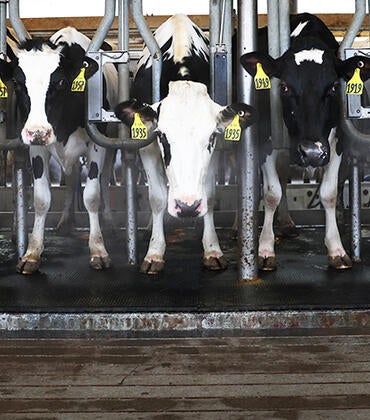
Expert on how the death of a senator impacts government
For fast access to experts, email news@ucr.edu
Nicholas G. Napolio, UC Riverside assistant professor of political science, has been researching one question for a while: What happens when senators die or are incapacitated?
The absence of a senator can result in a shift in power, as demonstrated in various instances throughout history. One such example is the 1950s. This research is based on an academic paper published in the American Political Science Review coauthored with Christian Grose of the University of Southern California.
With Senator Dianne Feinstein’s passing on Thursday, Sept. 28, the course of history is again uncertain. California Gov. Gavin Newsom named Laphonza Butler, the president of EMILY's List, to fill Feinstein's seat. Butler will be the third Black woman to ever serve in the Senate, as well as the first openly LGBTQ person to represent California in the chamber.
“Senator Feinstein was the tiebreaking vote on the judiciary committee so the judiciary committee may be gridlocked, unable to, for example, move judicial nominations to the Senate floor for confirmation to the bench,” said Napolio, who researches American political institutions — specifically Congress, the bureaucracy, and the separation of powers.
“In addition, with one less Democratic vote in the Senate, more conservative Democrats like Joe Manchin and Kyrsten Sinema may wield more influence,” Napolio said.
Contact: nicholas.napolio1@ucr.edu




